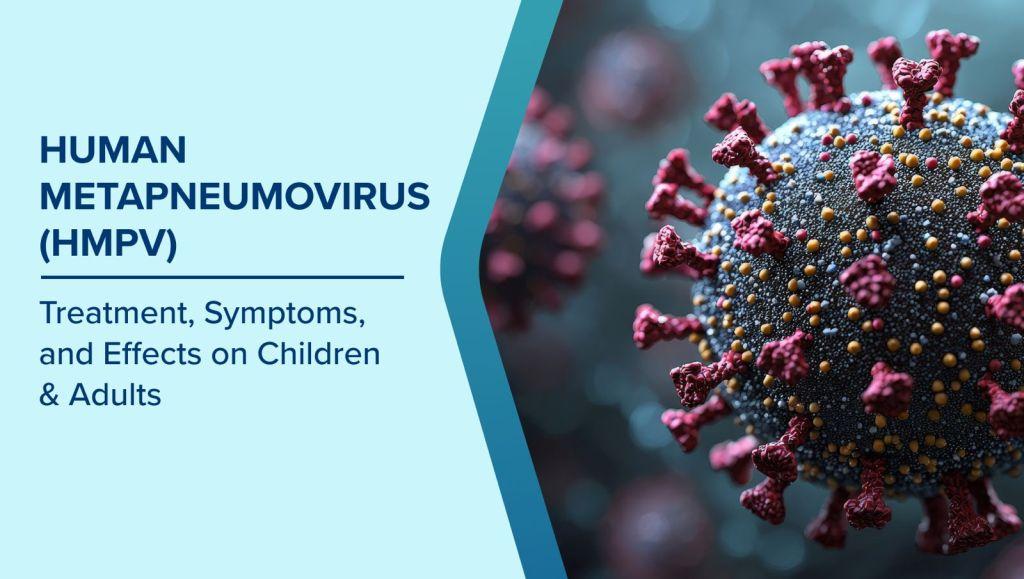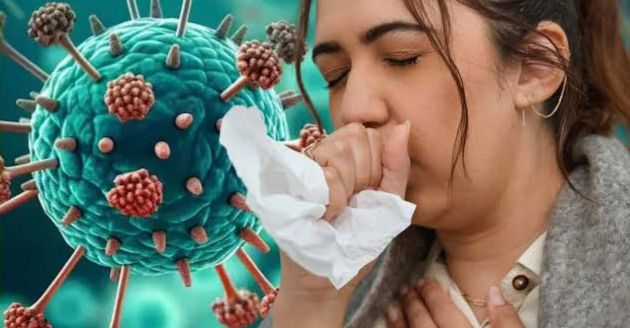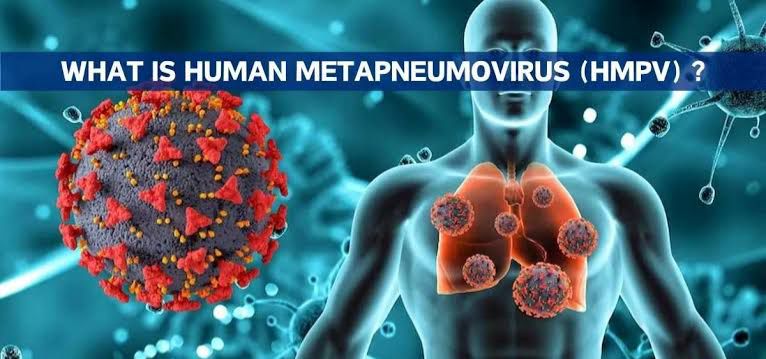Amid a surge in the number of cases in China, two children have tested positive for the Human Metapneumovirus (HMPV) in Nagpur, taking the total number of cases of the respiratory illness in India to seven. The two affected kids are aged seven and 14 who were diagnosed with the virus at a private hospital where they were taken for treatment of fever and cough.
HMPV is an illness similar to Covid-19 that affects the upper and lower respiratory tract with symptoms such as fever, cough, runny nose and sore throat, which mostly affects children.
HMPV cases in India
The first two cases in India were detected in Bengaluru on 6th January, Monday with a 3-month-old female baby and an 8-month-old male baby being affected. The Indian Council of Medical Research (ICMR) detected two cases of HMPV at Bangalore Baptist Hospital. The other three cases were detected in Ahmedabad and Tamil Nadu. With two more cases being detected in Maharashtra’s Nagpur, the total number of cases in India is 7.

What is HMPV?
Identified in 2001, HMPV is part of the Pneumoviridae family, which also includes respiratory syncytial virus (RSV), as noted by the US Centers for Disease Control and Prevention (CDC).
Human metapneumovirus, commonly referred to as HMPV is a virus that causes symptoms similar to the common cold. This virus generally causes upper respiratory infections, but can also cause lower respiratory infections like pneumonia, bronchitis and asthma flare-ups. It is also responsible for worsening the condition of Chronic Obstructive Pulmonary Disease or COPD. HMPV infections commonly affect in the winter season and during the onset of spring.
HMPV symptoms
Common symptoms of HMPV include cough, fever, runny or stuffy nose, sore throat, wheezing, shortness of breath (dyspnea) and rash.
Which age group does HMPV affect?
Children are most vulnerable to HMPV especially before they turn 5. HMPV also tends to relapse but symptoms are usually mild after the first infection. Apart from children, this virus poses a serious threat to the elderly above 65, and people with weakened immune systems.
How is HMPV transmitted?
HMPV is transmitted through direct contact with infected individuals or surfaces. It spreads when an infected person coughs, sneezes, or talks in front of others. The virus is similar in character with other respiratory viruses, such as RSV, measles, and mumps. The virus has an incubation period of between 3 to 5 days, though this can vary.
HMPV treatment
According to the US CDC, there is currently no specific antiviral treatment or vaccine available for HMPV. Even though most cases are mild and can be managed at home with rest and hydration, severe cases may require hospitalization, oxygen therapy, Intravenous Fluids (IV) or corticosteroid treatments.



